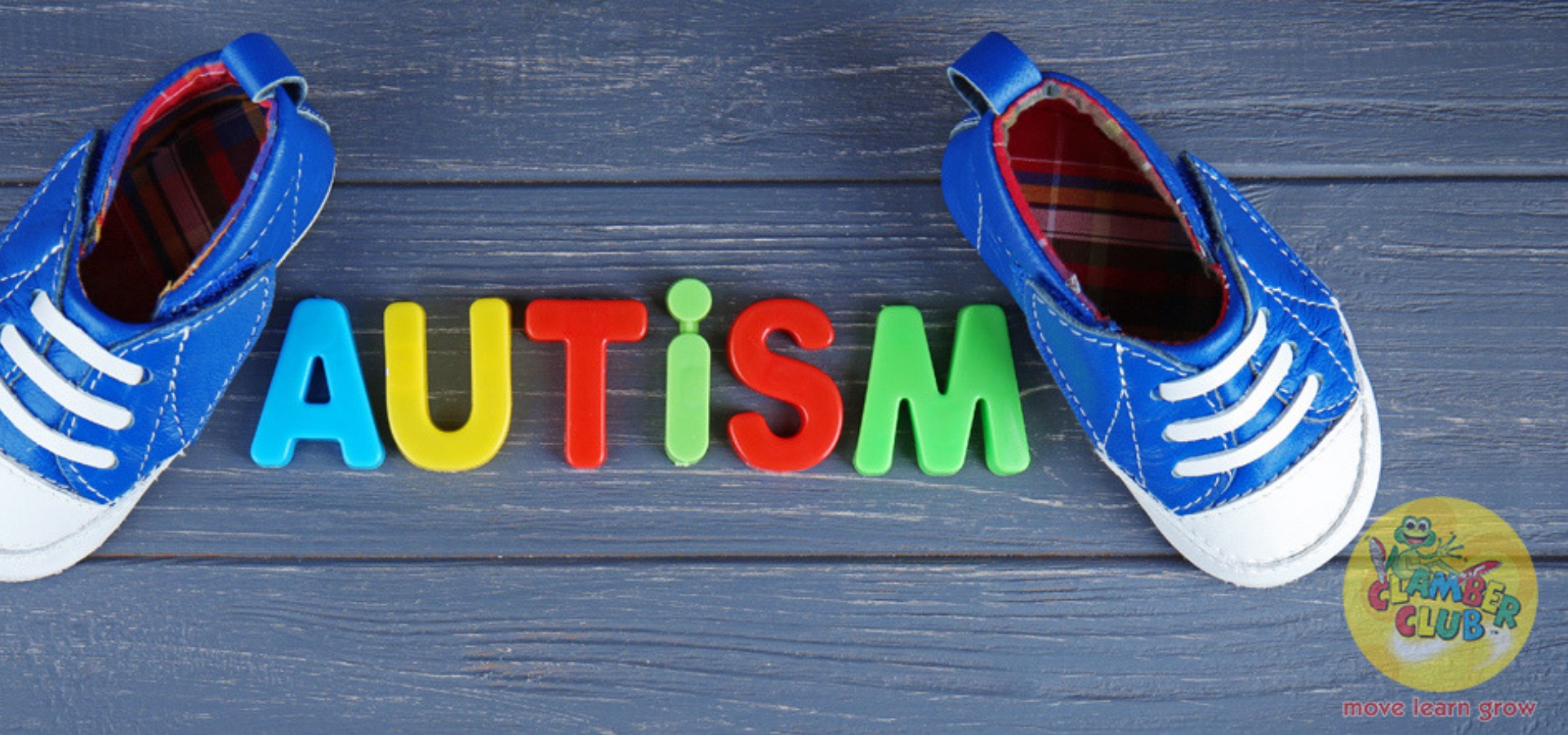Language is considered a verbal behaviour which is learned by means of the environment. A parent / caregiver and other significant adults in a child’s life provide modelling and reinforcement of these learned language structures and of speech (Allyn & Bacon, 2001). The caregiving environment is therefore extremely important to the child’s development. Early in a child’s life, as they start pointing to objects, parents often automatically label these objects and thus form the beginning of the child’s vocabulary acquisition. Once the child has some words, he might point and say “ball” and the parents would say “yes, that is a ball. A red ball. Do you want the ball?” The parent is thus modelling the sentence construction and the combination of words into a sentence, as well as reinforcing what the child is saying each time.
Listening skills and auditory processing skills involve processing information through our hearing, memorising this information, and processing and reasoning the details to provide an output. These skills also include awareness of sounds in words (e.g. rhyme, sounding out words: c-a-t) which are crucial for later reading and writing.
It seems that with the advances in technology, this generation of children are being more and more exposed to visual input such as televisions, iPad’s and smart phones, potentially reducing the necessity of the use of their auditory skills; The skills so crucial for many activities of daily life. The following ideas for activities may be used in order to stimulate your child’s language and listening skills:
- Make language a part of your daily routine. During bath time and dressing, name the parts of the body and your child’s clothes. During cooking, name the ingredients and make use of short phrases, such as “put it in the bowl.” and different actions e.g. “stir,” “pour,” “crack the egg.”
- Although your child may only learn to produce rhyming words later in their pre-school years, nursery rhymes are a fantastic way to teach rhyming incidentally.
- Playing games such as “I spy with my little eye” assists in your child’s listening, auditory memory and reasoning skills, as well as, creating awareness of the initial sound in a word.
- Playing “I am going on a picnic, and I’m going to bring…” assists in developing your child’s auditory memory skills. These are crucial for recall of details for following instructions and other important tasks.
- On a daily basis, your child should be provided with instructions that should be followed. These can even be silly instructions for example, “Take the spoon and put it on your head and walk to the door.” You may take turns giving each other instructions. This also gives your child a chance to express themselves and verbalise steps to be followed. Try to lengthen the complexity of the instructions, for example, if your child is able to cope with 3 details in the instruction move to 4 details (e.g.. draw a red circle under the square) or 4 steps (e.g. colour the girl’s hair in brown, draw grey eyes and then give her a mouth and nose).
- Identification of common labels such as Coke, Mac Donald’s, Pick ’n Pay, is an early pre-reading skill. This teaches children that symbols are associated with a meaning.
- Reading is such an important part of your child’s learning, language and development. From infancy, your child will learn the vocabulary and language structures, as well as early pre-reading skills such as holding a book, turning pages and that reading occurs from left to right (in English). This is crucial for language development and later reading skills. Furthermore, the love of books and of reading is an immeasurable asset.
Ultimately, it seems that we need to go back to our roots and learn to enjoy and apply some of the games of our youth and our parent’s youth.
 For more information and ideas on how to aid in your child’s development, look at the SkidZ Clever Activity Box program. It is filled with age appropriate activities for language and listening skills as well as other areas of development. The program provides an option of a daily curriculum which includes activities for everyday of the week. The SkidZ program is not only comprehensive but provides hours of fun for little ones. For more information on the SkidZ Clever Activity Boxes visit their website at www.skidz.co.za
For more information and ideas on how to aid in your child’s development, look at the SkidZ Clever Activity Box program. It is filled with age appropriate activities for language and listening skills as well as other areas of development. The program provides an option of a daily curriculum which includes activities for everyday of the week. The SkidZ program is not only comprehensive but provides hours of fun for little ones. For more information on the SkidZ Clever Activity Boxes visit their website at www.skidz.co.za
Written by: Jemma Roets – Speech- Language Therapist and AudiologistJemma Roets qualified as a Speech-language therapist and Audiologist at the University of Pretoria in 2007. She later completed her Masters degree in Early Childhood Intervention, specialising in severe disabilities, in 2013, at the University of Pretoria.
- Developmental Milestones…What’s the fuss? - November 25, 2019
- What should my toddler be doing during the day? - August 16, 2019
- The importance of age appropriate stimulation - July 15, 2019





